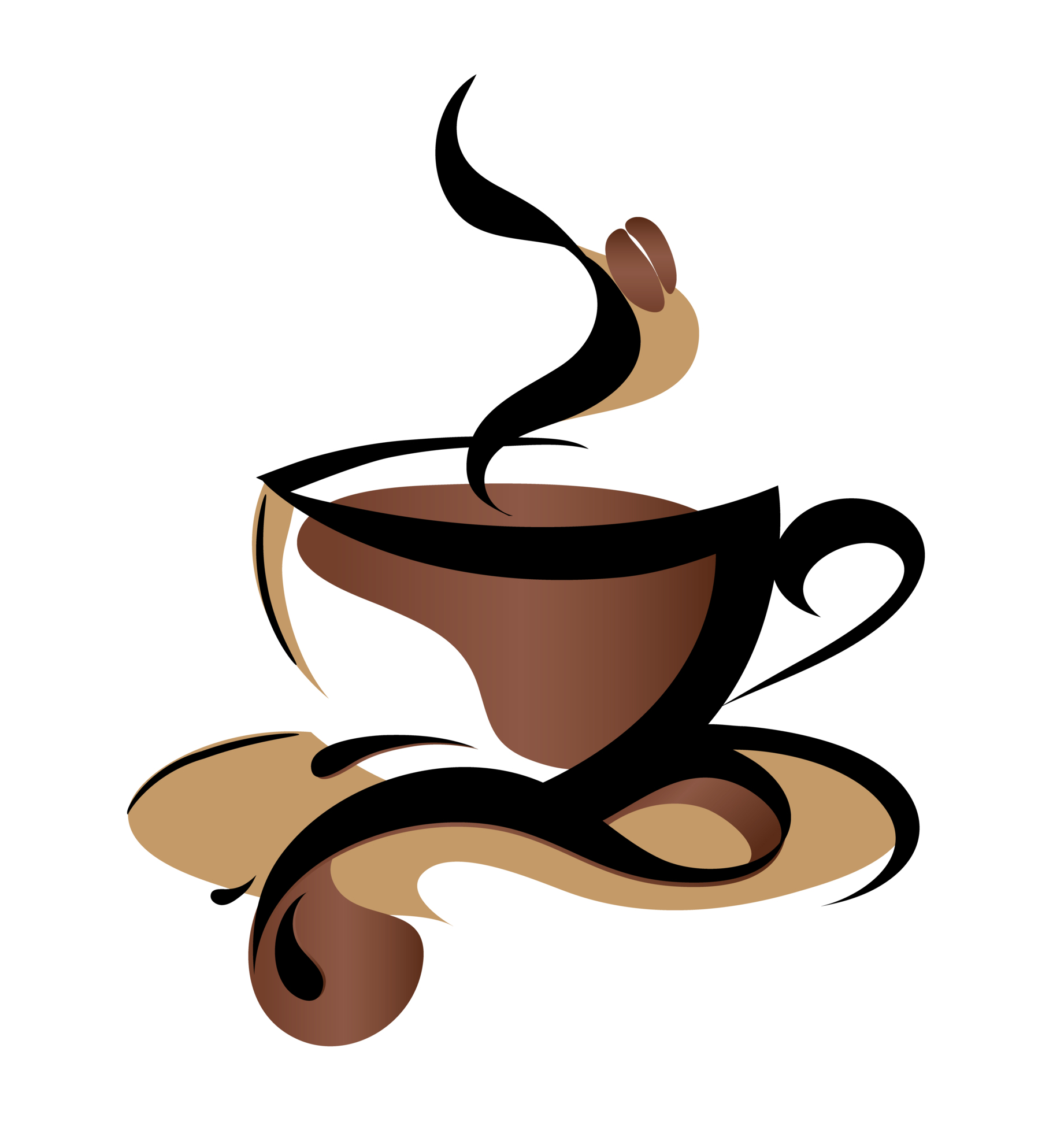
When I was an undergraduate I walked into the coffee area of our zoology building and was informed that “some of the most important papers on animal behavior were written here”. It was a somewhat ugly coffee area in an ugly concrete building, with vinyl covered plywood tables and bright orange upholstered bucket chairs that looked like they had escaped from Austin Power’s 1960s love pad. The coffee wasn’t even good, in fact the zoologists were highly envious of the botany department who had a tea trolley with excellent tea and chocolate covered cookies, but I digress… The coffee area was the place to be as that was where everyone in the department congregated, talked about what they were reading or working on, and most importantly, brain-stormed ideas. Sure there was a certain amount of procrastination going on, with faculty avoiding having to go back to grading, hiding from sheets of data that had to be entered onto excel spread sheets, or balking at yet another hundred samples to analyze back in the labs. But the collegiality that there was in that coffee area: with undergrads chatting to the “silverbacks” of the zoology faculty, sharing their innovative ideas, and getting mentoring advice in return; or scientists from different disciplines advising on different or new techniques to colleagues that had encountered a brick wall in their research progress; was quite frankly more valuable than many lectures, and worth the price of a disgusting cup of instant coffee. Our department was not alone. At the famous big science facility CERN, home of the large hadron collider, there are whiteboards in the lunchrooms because when the scientists there get together they can’t but help brainstorm ideas, and this is encouraged as some of these lunch time collaborations have yielded important scientific fruit.
It’s a truth universally acknowledged that conferences are a necessity for the growth of an academic. They give you a chance to share your ideas with other academics to receive support, or possibly criticism, so that you can strengthen and refine your analysis and your interpretation of your data. They are important events to find out the methods and results of peers in your field, information that could be incorporated into your own studies. Informal places where you can get advice, share ideas and develop research and writing partnerships. Rare is the conference where I don’t come home with a note book full of contacts to email, studies to cite and methods to try out. You can travel around the world to find a venue to discuss and debate with your peers. But isn’t it ironic that there are often few of such places within a university?
Read More “The power of coffee … a comfy sofa and a bit of a chinwag” »